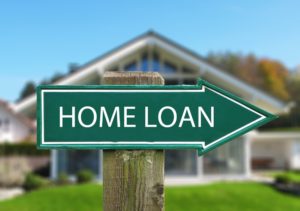
Great news as HUD expands affordable housing opportuinties for those Americans with disabilities.
The U.S. Department of Housing and Urban Development announced it is making $112 million available to expand the current supply of permanent affordable housing for low-income persons with disabilities.
Funding is available for the two components of the Section 811 Program – traditional Section 811 Supportive Housing for Persons with Disabilities and Section 811 Project Rental Assistance.
“Very simply, we need more permanent supportive housing to assist persons living with disabilities,” HUD Secretary Ben Carson said. “The funding we offer today will support existing developments and, for the first time in nearly a decade, help to produce new affordable housing at a time we need it the most.”
The funding includes $75 million in capital advances for the development of new supportive housing for this population. This is the first time HUD is offering funding for both programs in nine years.
HUD is encouraging development within Opportunity Zones, and therefore will award two preference points to applicants seeking to construct or rehabilitate developments in qualified Opportunity Zone census tracts.
HUD is making up to $37 million in rental assistance available to eligible housing agencies working closely with State Health and Human Service/Medicaid Agencies.
“We’re seeking to fund innovative and efficient housing models that combine form and function — a pleasant and safe place to live, with the appropriate supportive services,” Federal Housing Commissioner Brian Montgomery said. “Our goal is to support affordable housing developments that allow persons with disabilities to live as independently as possible in their own communities.”
HUD is offering up to $75 million in capital advance funding to eligible nonprofit organizations to fund innovative permanent supportive housing models that will be at the forefront of design, service delivery and efficient use of federal resources. Applicants are encouraged to establish formal partnerships with health and human service agencies or other organizations with a demonstrated capacity to coordinate voluntary services and supports for persons with disabilities to enable them to live independently in the community

*Kelsey Remirez at Housing Wire.


Leave a Reply